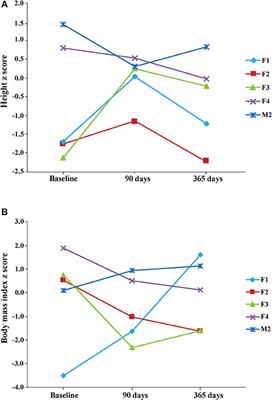ORIGINAL RESEARCH
Published on 22 Feb 2021
Effects of Melatonin on Neurobehavior and Cognition in a Cerebral Palsy Model of plppr5−/− Mice
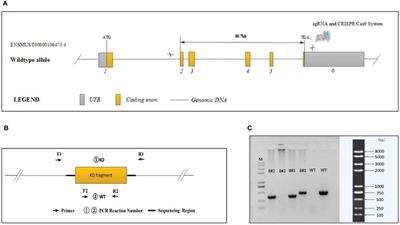
doi 10.3389/fendo.2021.598788
- 4,094 views
- 21 citations
16k
Total downloads
57k
Total views and downloads
ORIGINAL RESEARCH
Published on 22 Feb 2021

EDITORIAL
Published on 18 Feb 2021
ORIGINAL RESEARCH
Published on 29 Sep 2020
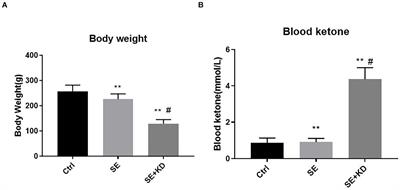
ORIGINAL RESEARCH
Published on 15 Sep 2020
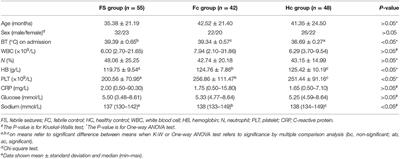
REVIEW
Published on 18 Oct 2019
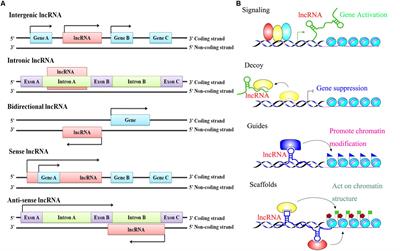
ORIGINAL RESEARCH
Published on 04 Sep 2019
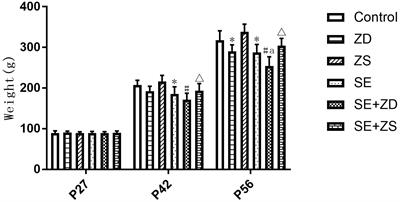
PERSPECTIVE
Published on 13 Aug 2019
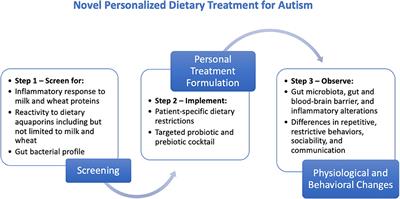
ORIGINAL RESEARCH
Published on 08 Aug 2019
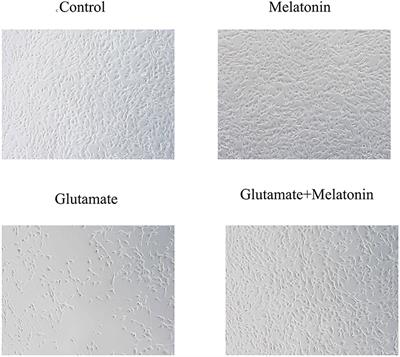
MINI REVIEW
Published on 07 Aug 2019
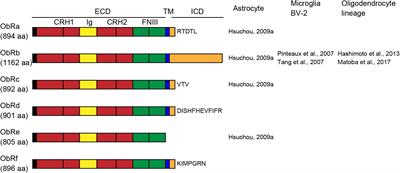
ORIGINAL RESEARCH
Published on 07 Aug 2019
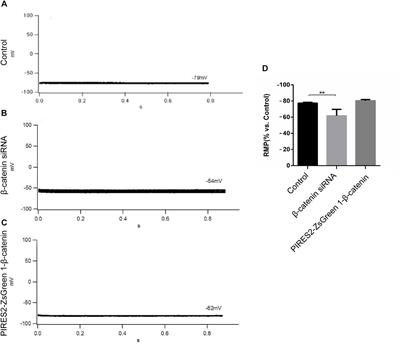
BRIEF RESEARCH REPORT
Published on 24 Jul 2019
